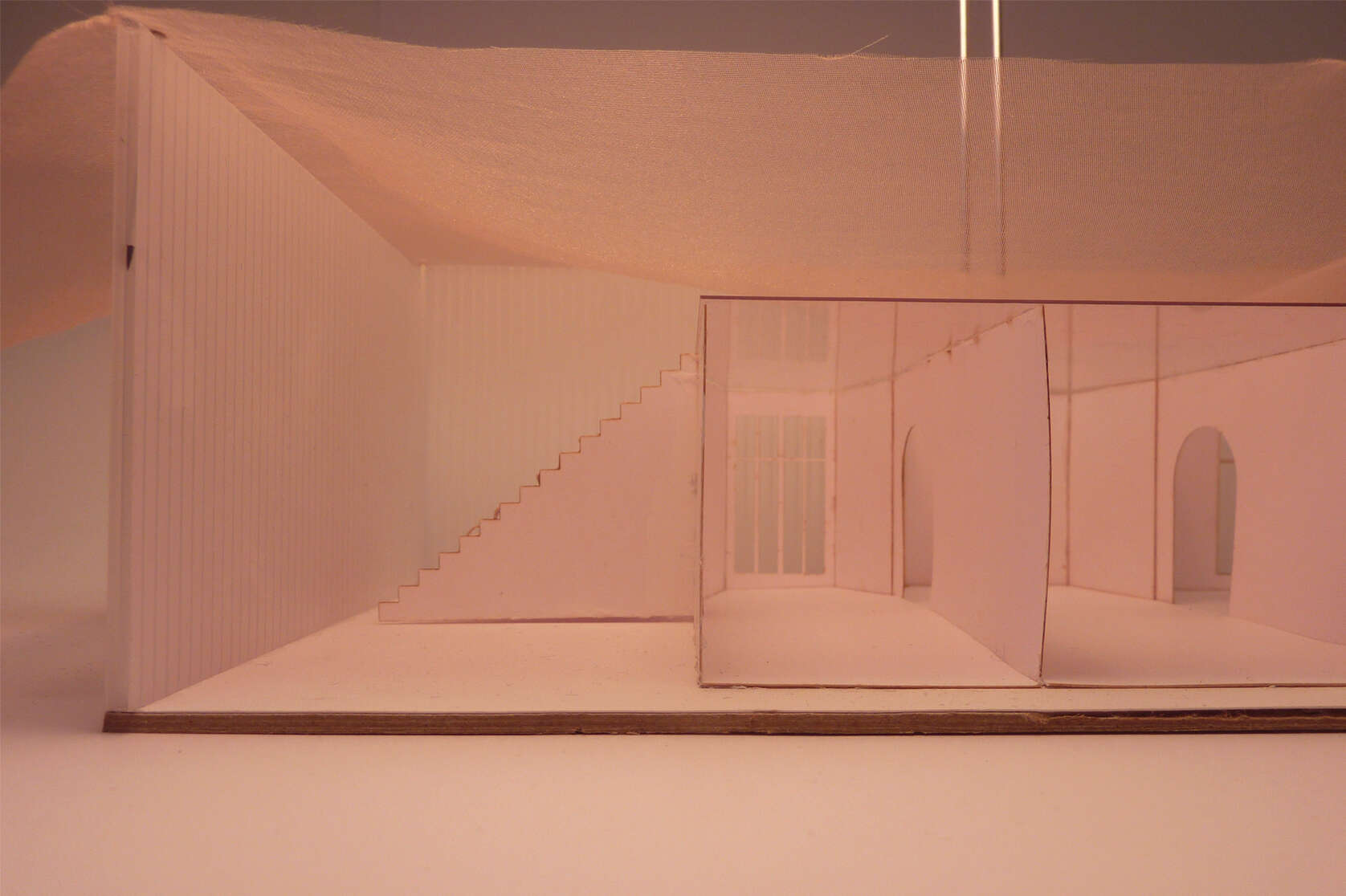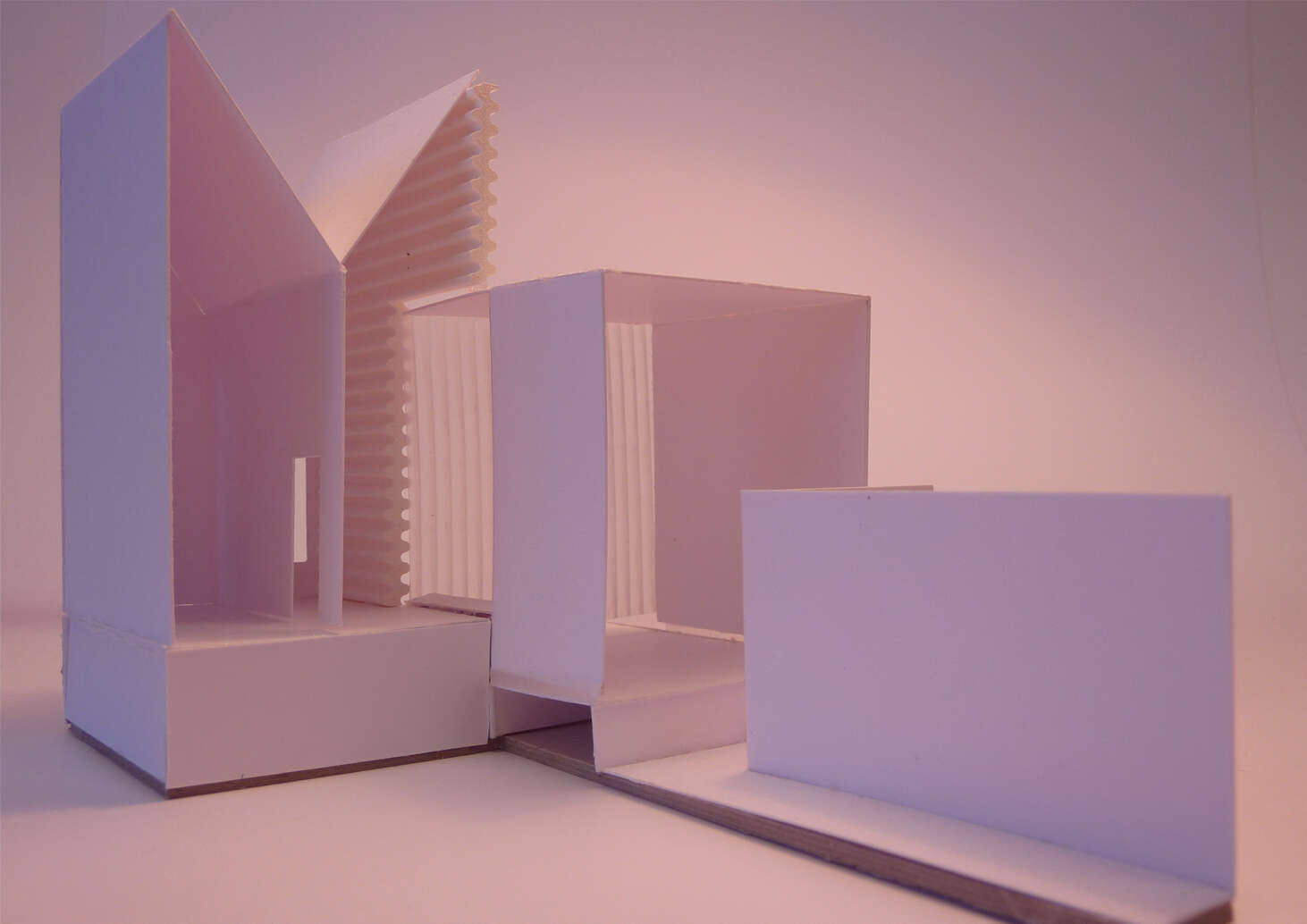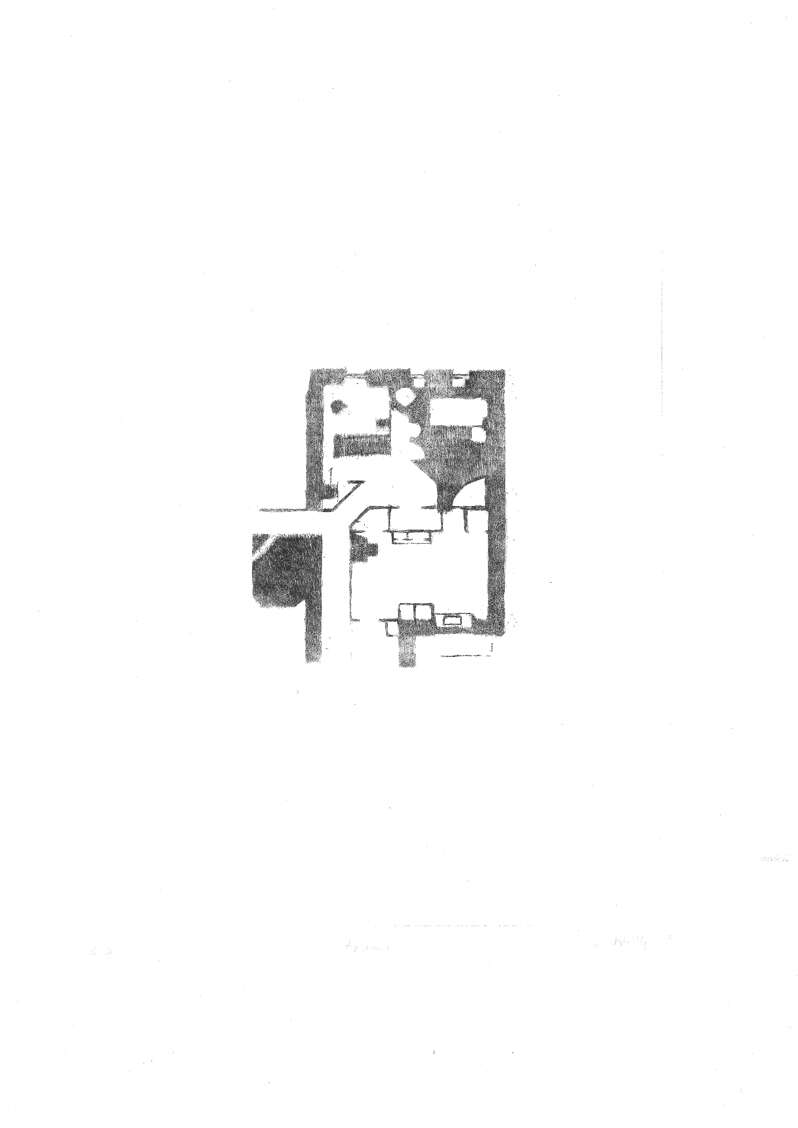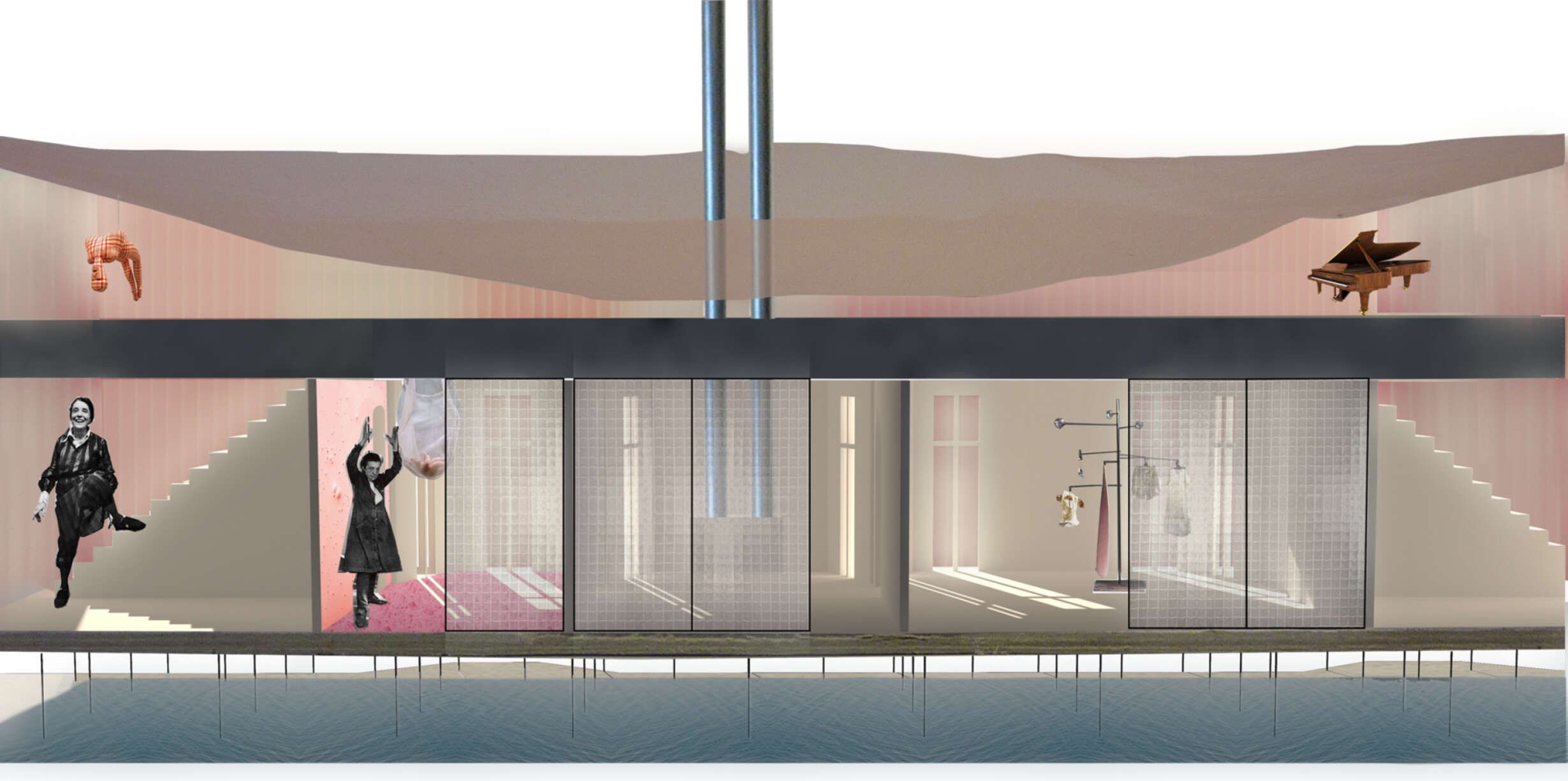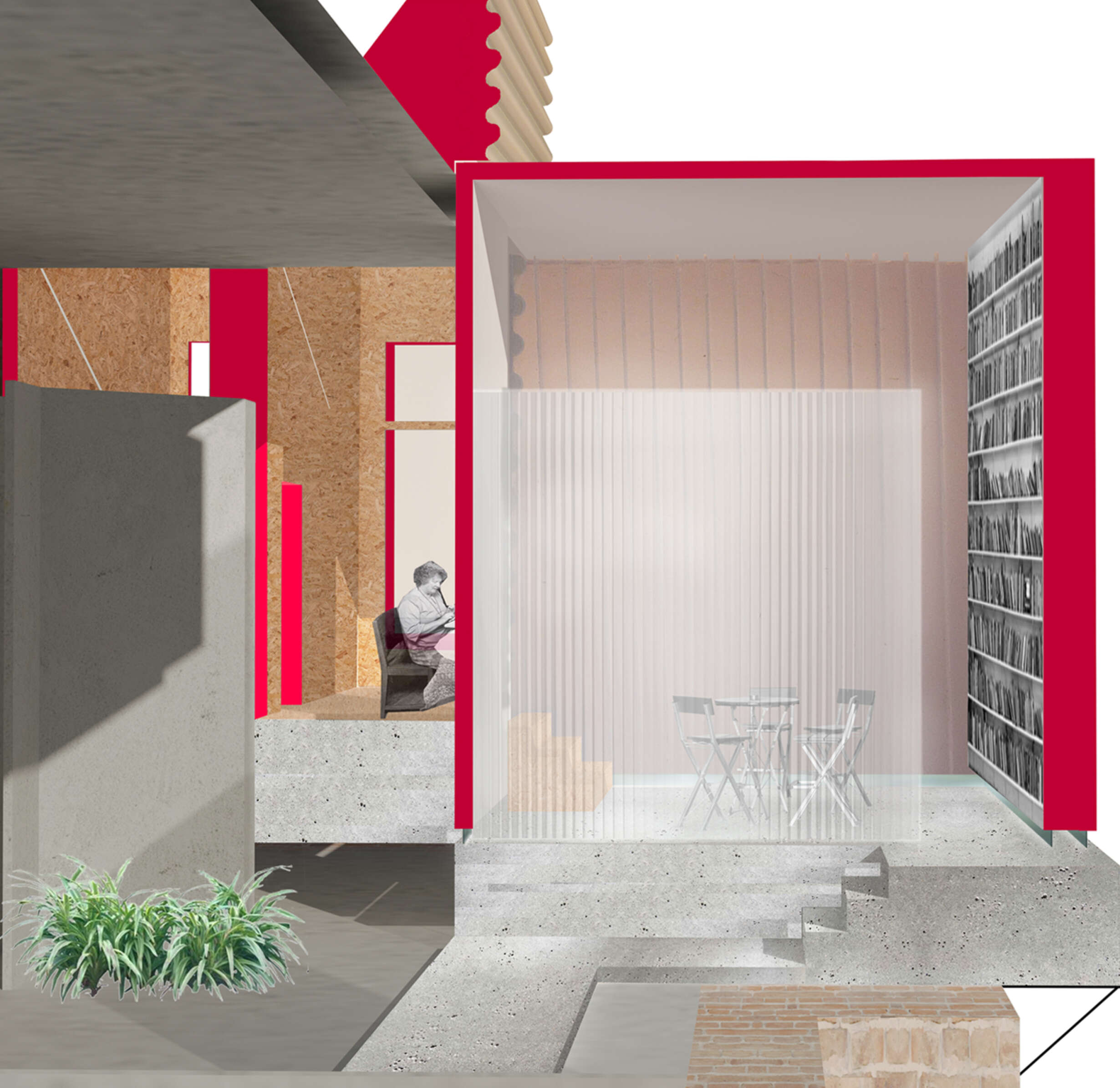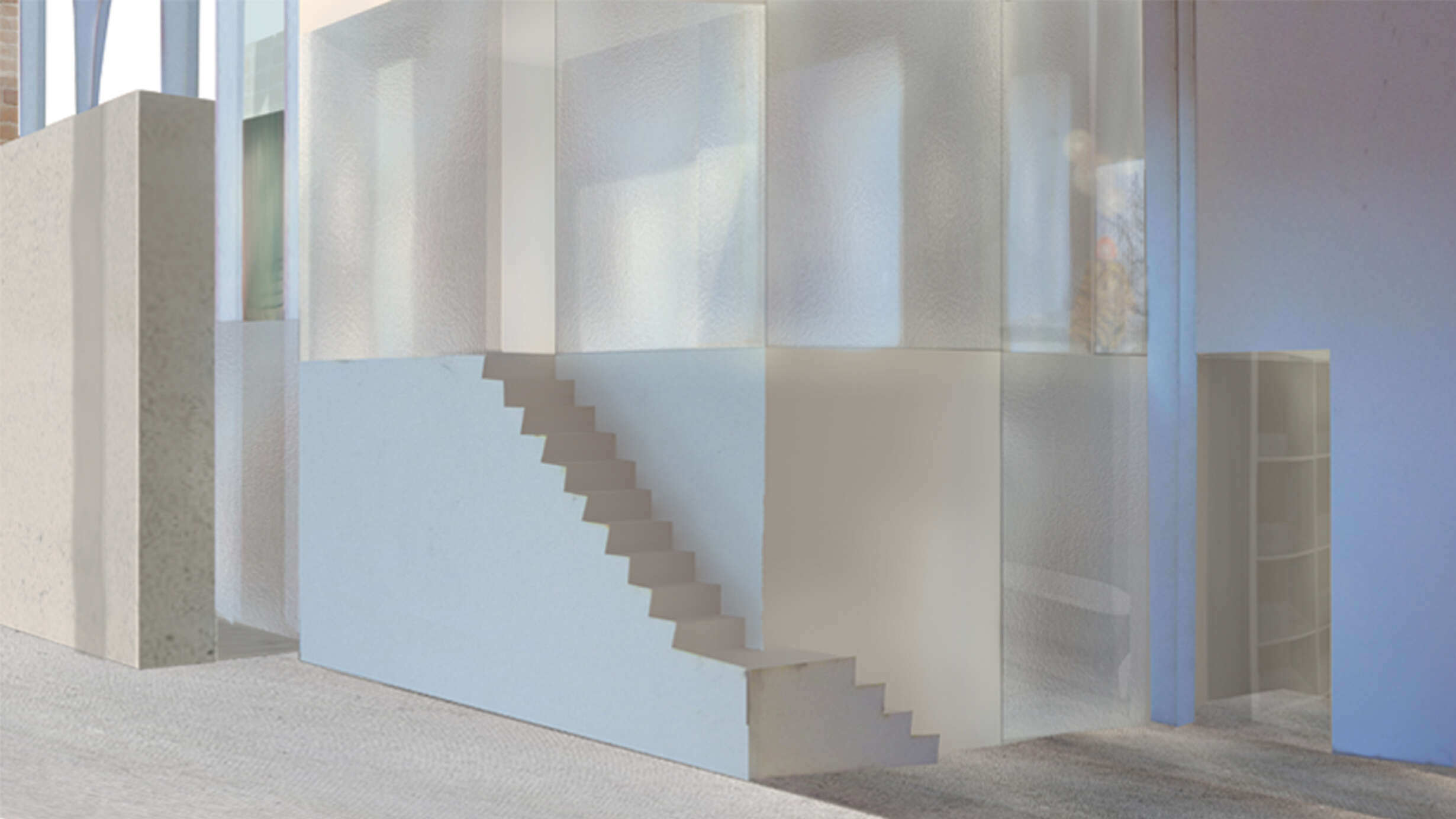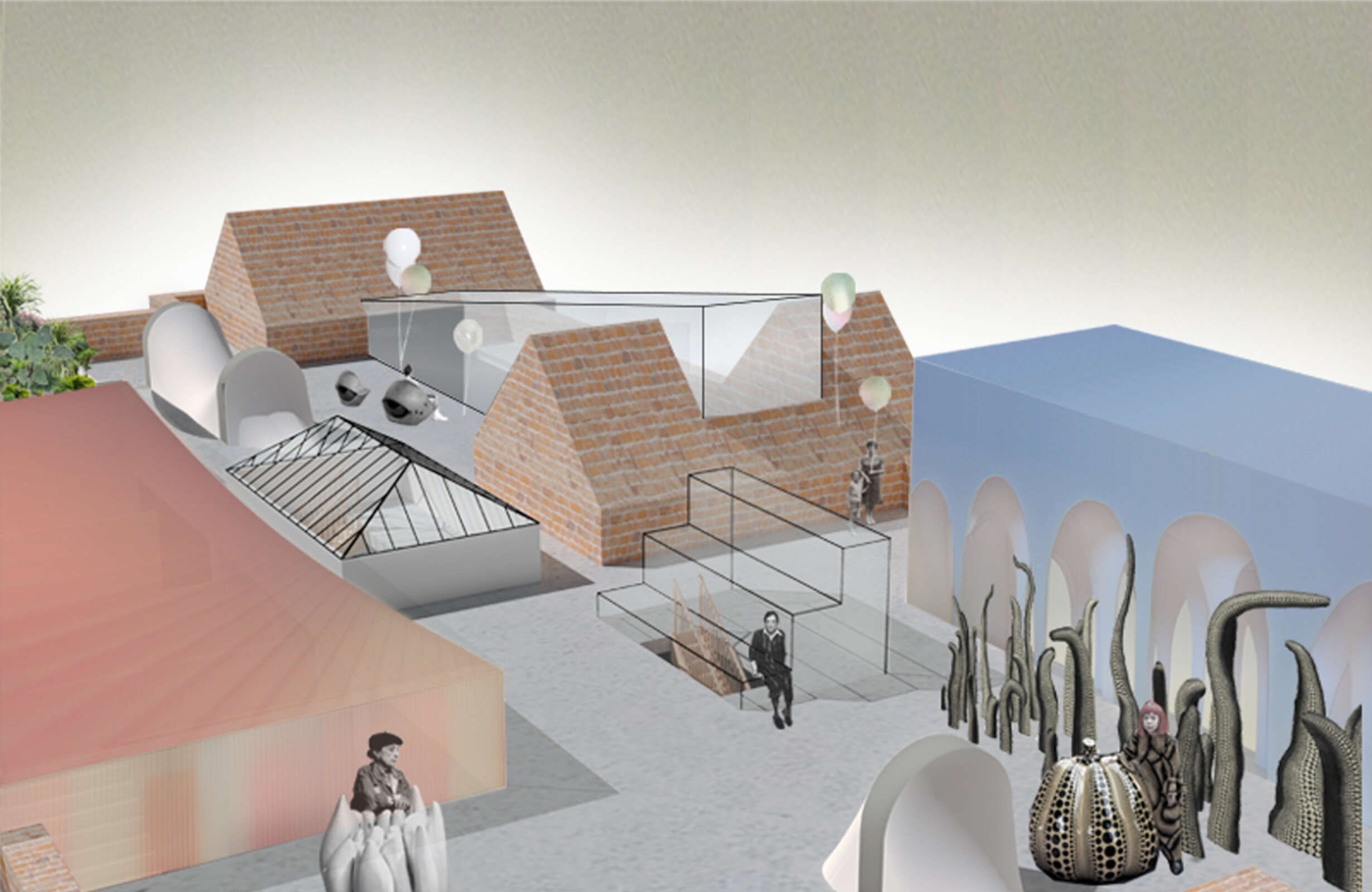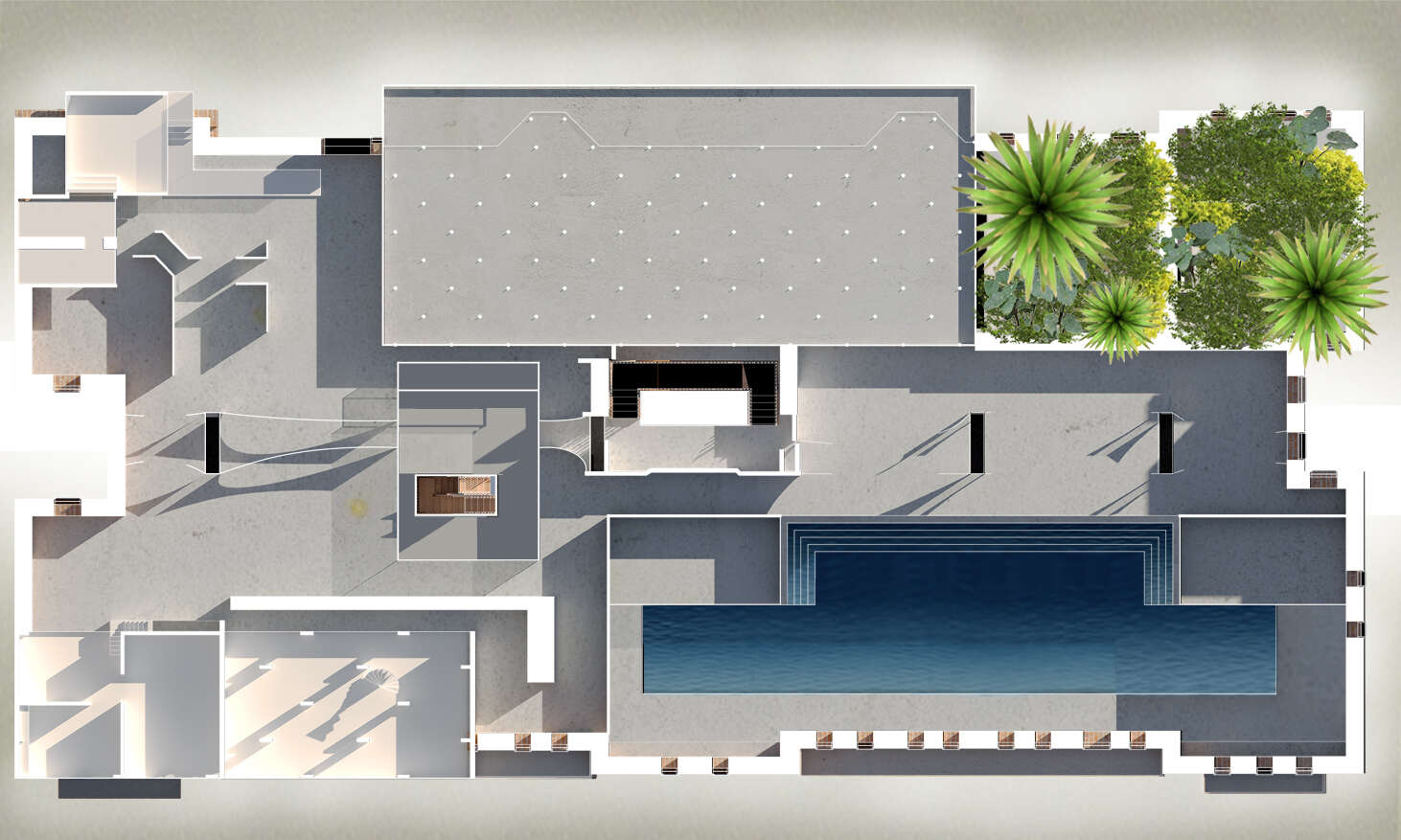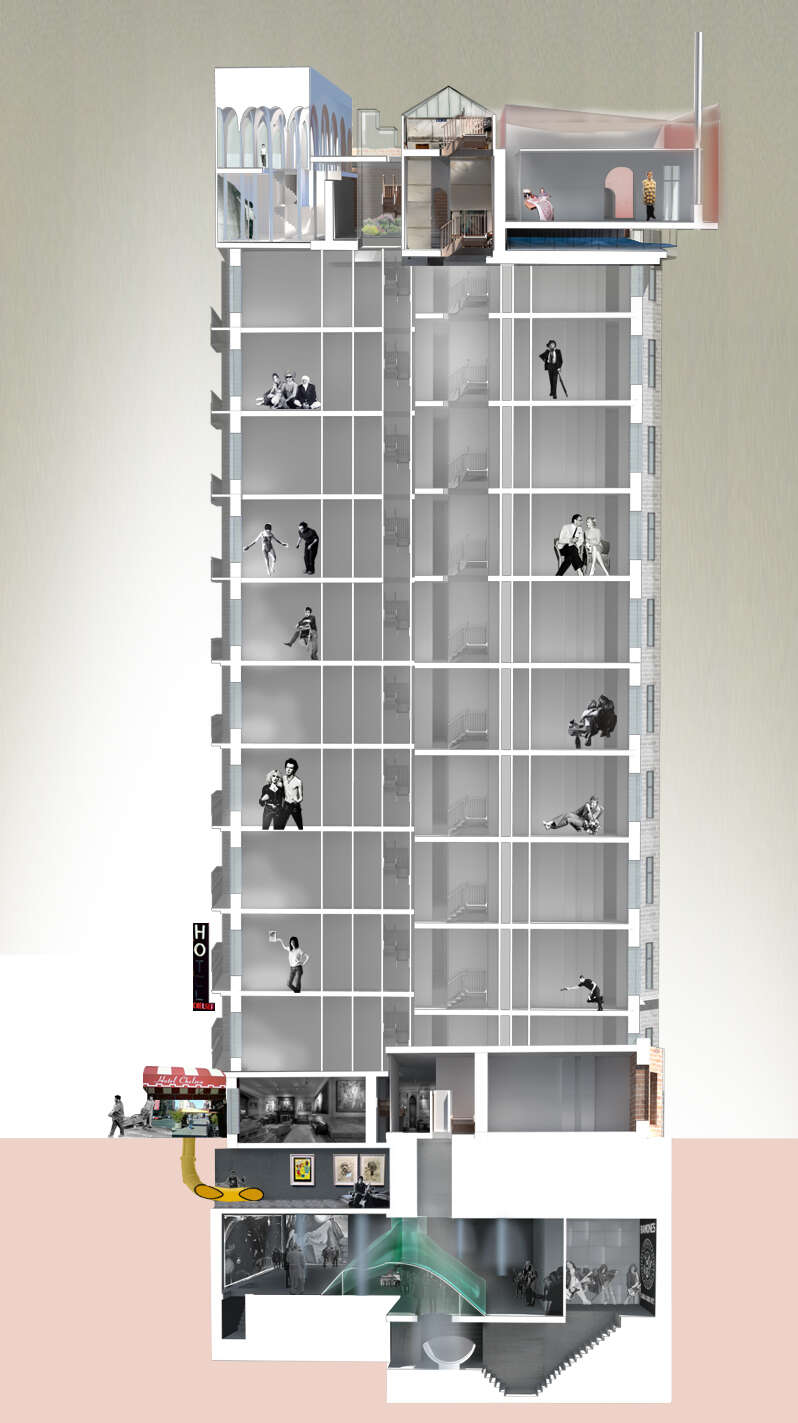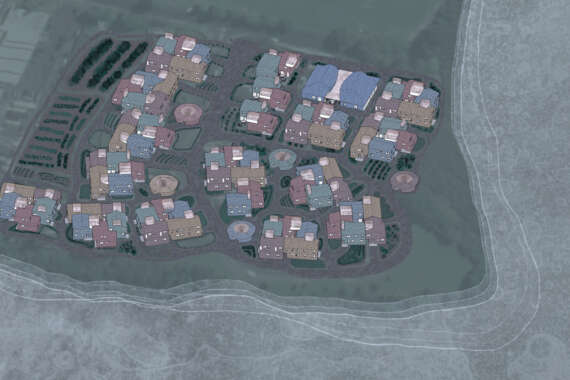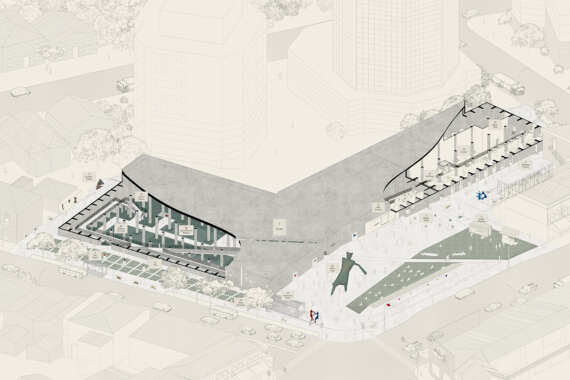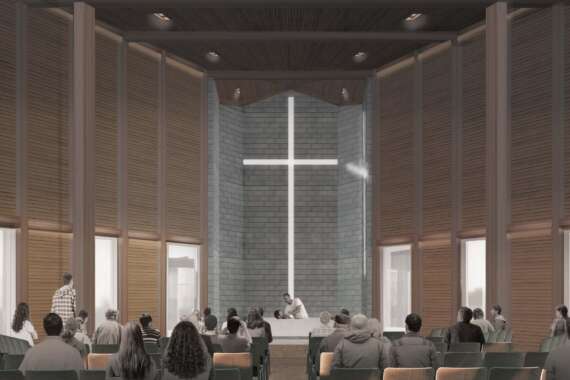These changing models of care, all arguably still forms of institutionalisation, are compared with the environments created by artists and other creatives who suffer from mental illness. Although severe in cases, these ‘mad’ individuals thrive and are celebrated as they strive to express and shape the world around them, exploring their ‘other’ view of the world. These artists can be described as the opposite of institutionalised, yet often congregate in types of self-formed institutions, physical and theoretical, such as those who influenced and formed the late 20th Century New York creative scene. Their obsession and mental illness can be seen as beneficial or even vital to the groundbreaking work they create.
